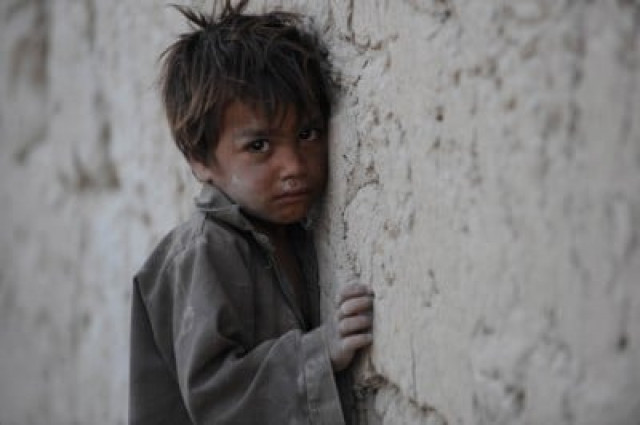Seminar: Developing states urged to cooperate for collective cause
Speakers discuss strategies for South-South cooperation.

Speakers discuss strategies for South-South cooperation. PHOTO: FILE
Developing countries should collaborate for their collective benefit as the challenges they face are similar in nature.
These views were expressed by speakers at a seminar, “Strategies for enhancing South-South cooperation in Human Resource Development (HRD),” organised by the Comsats Institute of Information Technology (CIIT). The seminar marked the United Nations Day for South-South cooperation, celebrated each year on September 12.
Speakers at the seminar said developing countries often try to establish linkages with the developed world but they must also strengthen ties with each other. “Much of the inter-institutional cooperation has a North-South dimension, because developing countries think they have more to gain from the developed countries,” said Dr Aurangzeb Zulfiqar Khan. “But many developing countries share similar problems and common development challenges, which can be addressed effectively if there is cooperation.”

Khan, an assistant professor at the CIIT Department of Management Sciences, said there should be a mechanism through which universities in developing countries, in general and in the South Asian region, in particular, can share expertise for mutual benefit.
South-South cooperation refers to linkages between developing countries. The global South is usually defined as the collection of less-developed countries, most of which are located in the Southern Hemisphere, with low and medium values of the Human Development Index. Most of these countries are plagued with problems such as poverty, conflict, disease and illiteracy.

Sustainable Development Policy Institute Deputy Executive Director Dr Vaqar Ahmed delivered a keynote address on South-South cooperation for post-2015 Millennium Development Goals (MDGs). The MDGs are eight goals, ranging from poverty alleviation to universal primary education that all the world’s countries agreed to achieve by 2015, according to the United Nations.
Ahmed said HRD can be a cross-cutting theme in the MDGs but in the case of Pakistan, he said, this link needs to be established properly.
“Unless we reform our domestic governance system, we might not be able to link HRD with the MDGs,” Ahmed said. He said the South-South cooperation in the context of MDGs requires accountability mechanisms for service providers, a focus on social innovations and a research-media-engagement model for advocacy.
Ahmed said the cooperation needs to be on a local scale to be effective. “Our communities should be talking with each other,” he said.
Developing countries of South Asia have witnessed varying levels of empowerment, demographic changes and creation of power centres, Ahmed said, adding that these changes might provide an opportunity for HRD if they are able to thwart violence and corruption, among other challenges.
Rear Admiral (retd) Muhammad Mushtaq, an adviser at the Bahria University, said good ideas would attract investment and Pakistanis need to collaborate with each other and with other countries.
“What you really need is collaboration,” Mushtaq said. “Among the three Cs of success — competence, commitment and collaboration — collaboration is the most important.”
Published in The Express Tribune, September 13th, 2013.


















COMMENTS
Comments are moderated and generally will be posted if they are on-topic and not abusive.
For more information, please see our Comments FAQ